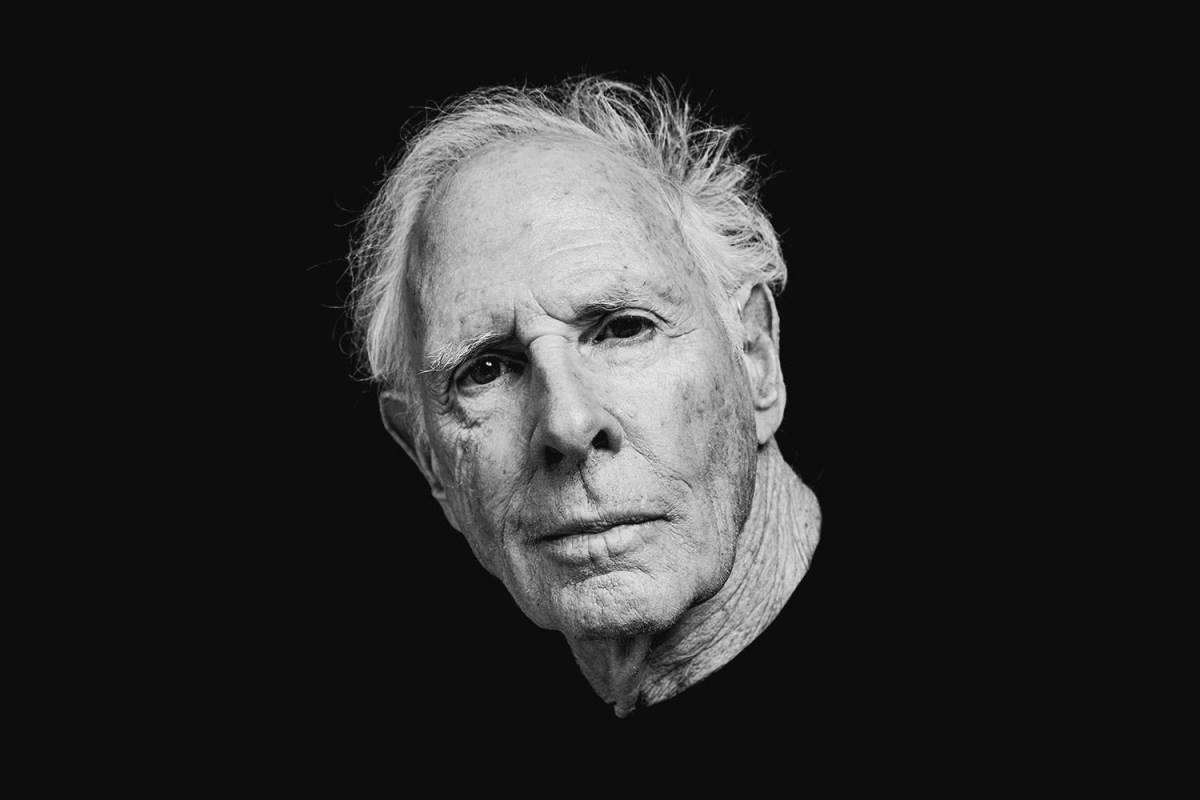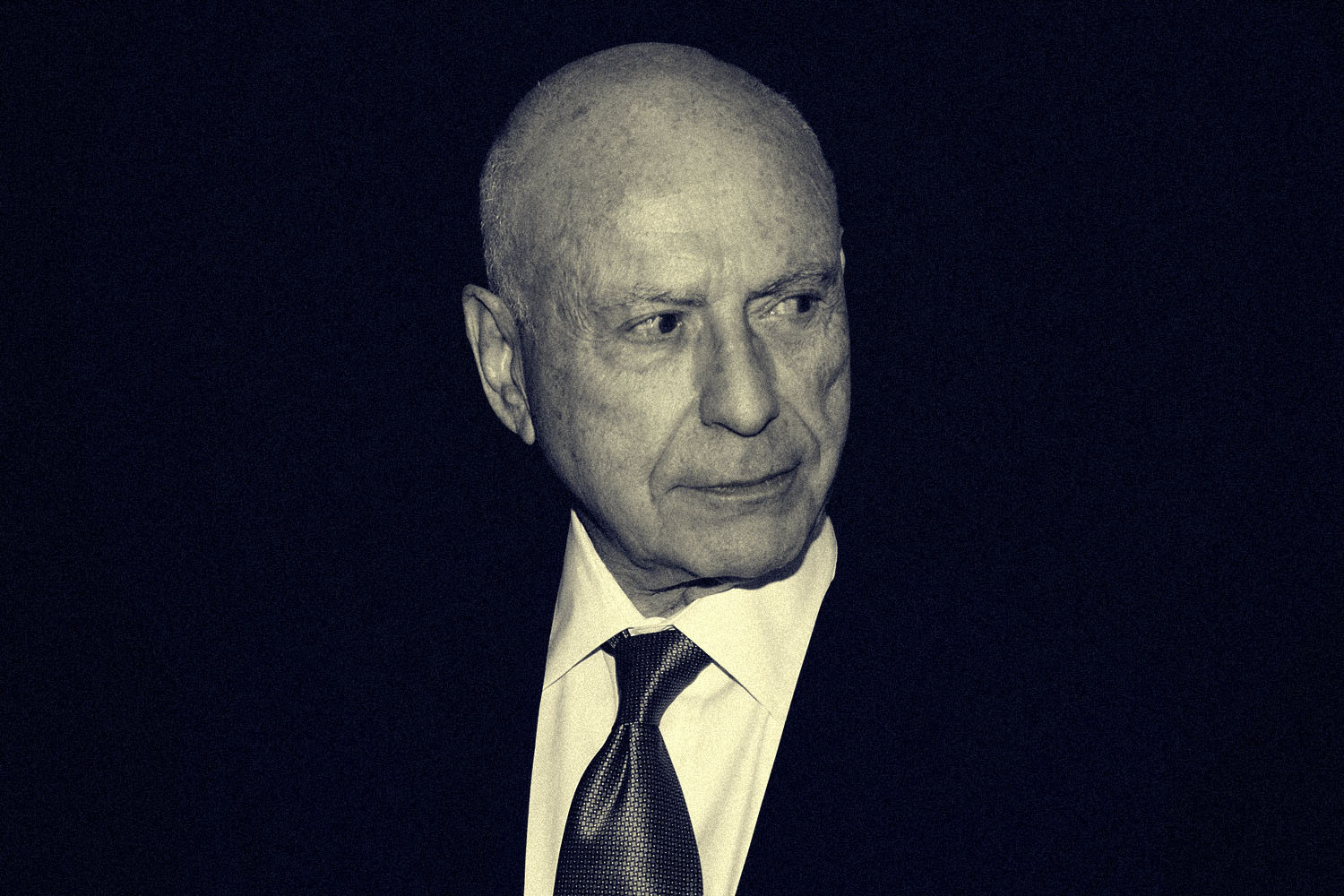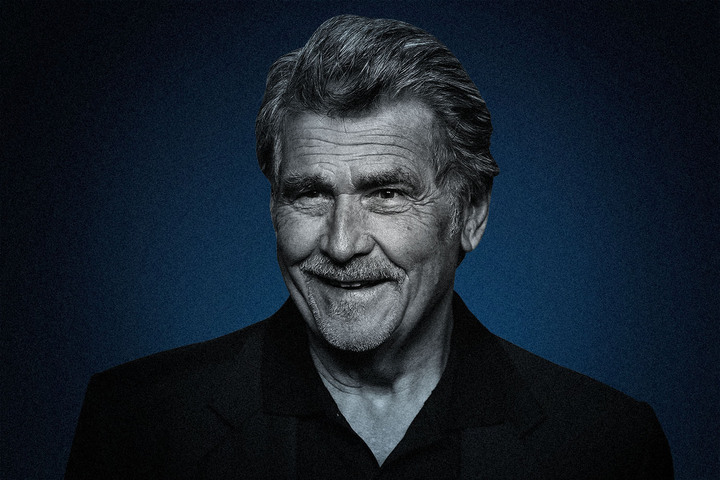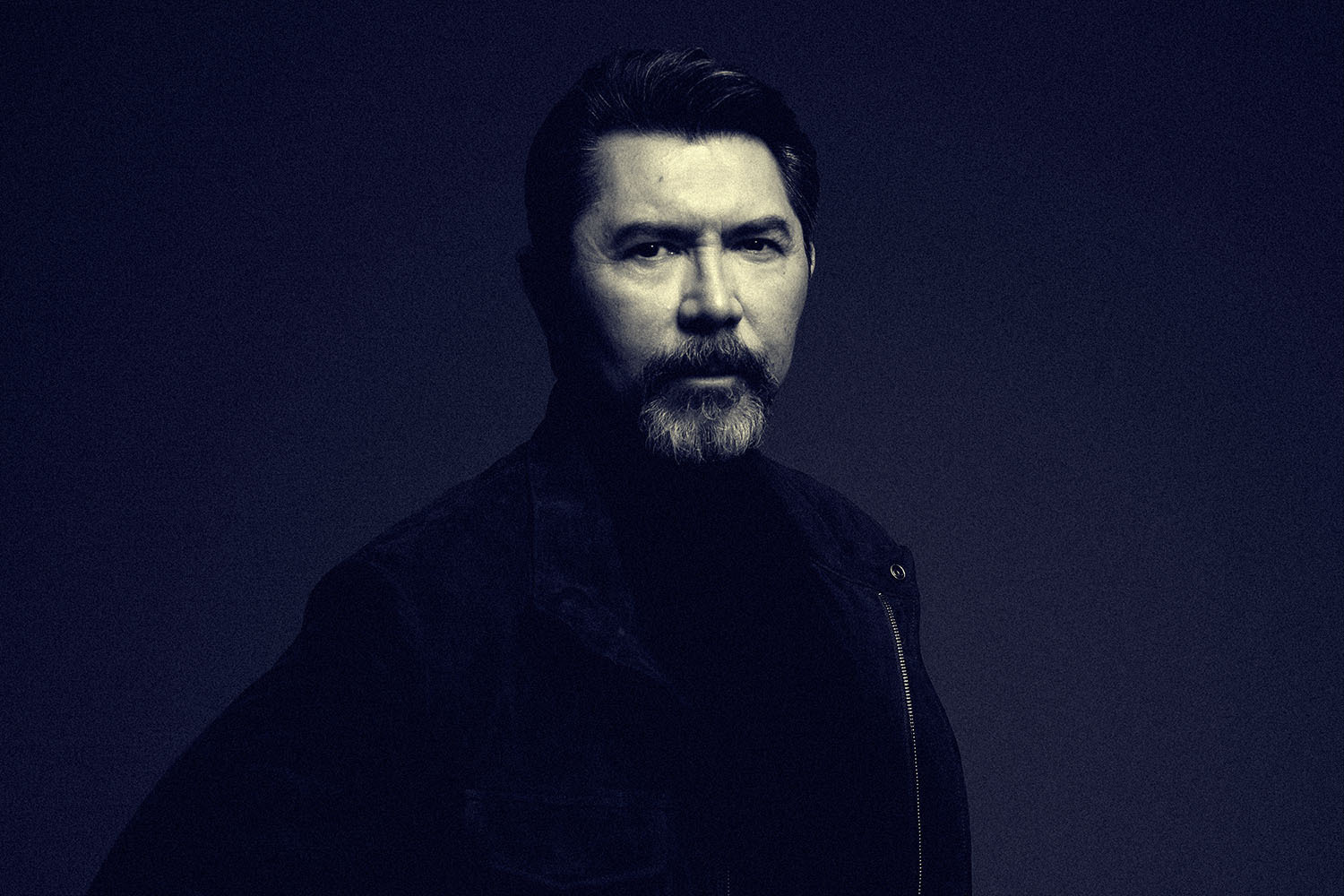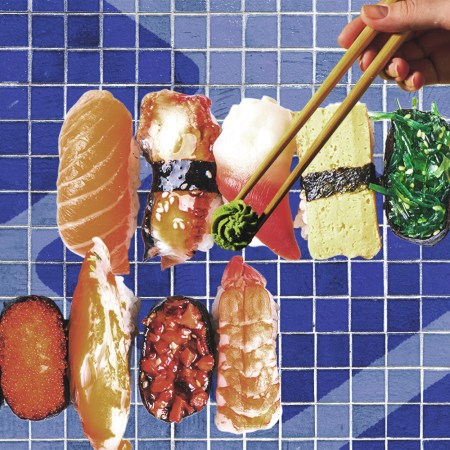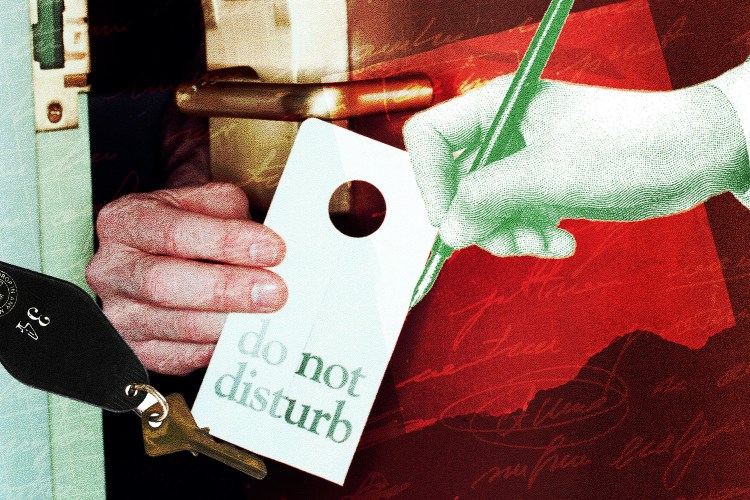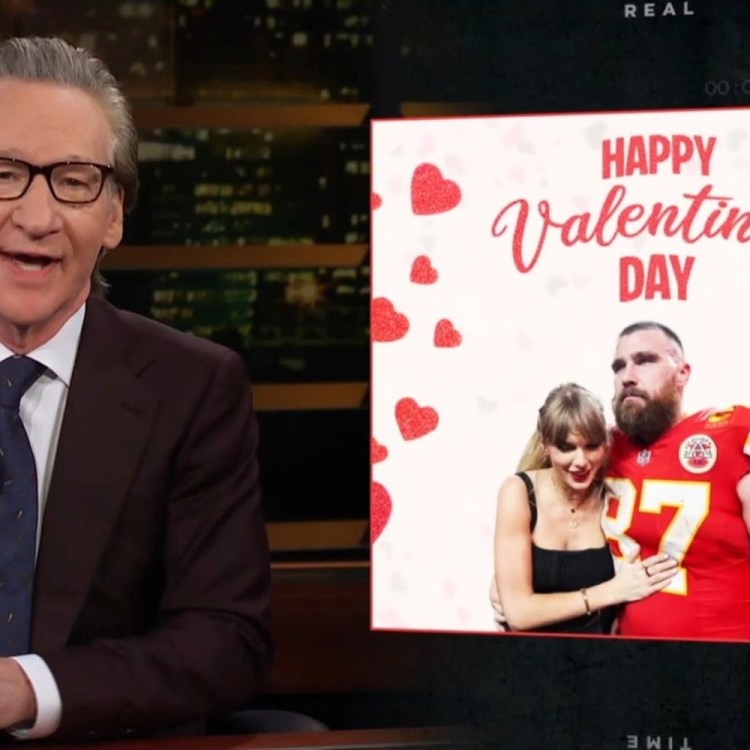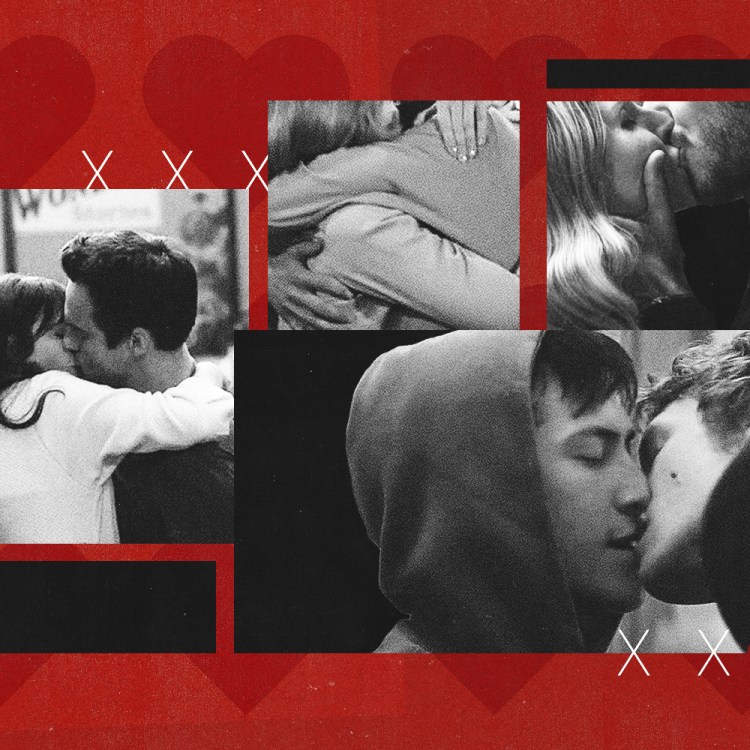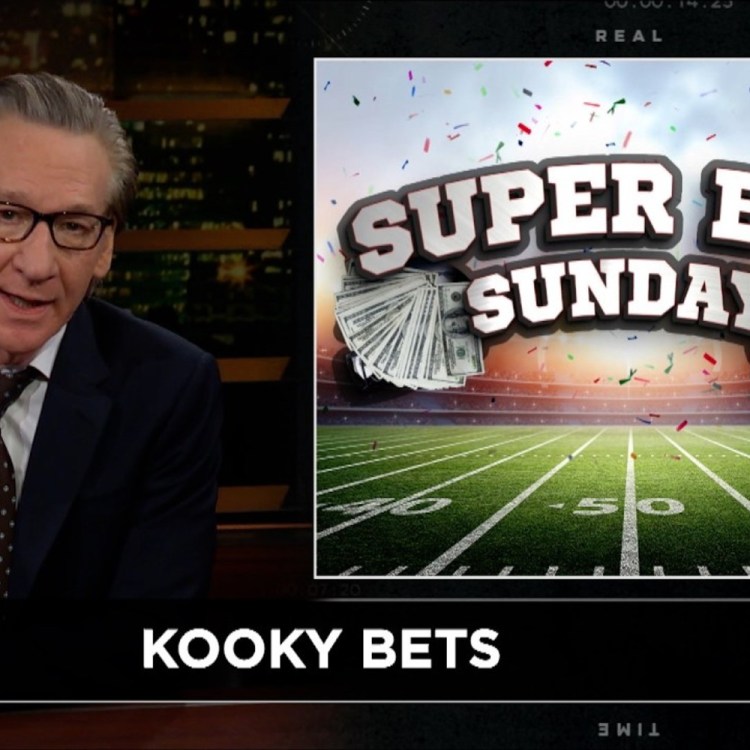No American actor has a filmography quite like Bruce Dern. The Academy Award-nominated star has appeared in more than 150 films, from the 1975 version of The Great Gatsby to Quentin Tarantino’s The Hateful Eight, Once Upon a Time in Hollywood and Django Unchained. He also had roles in the Oscar-nominated films The Birds directed by Alfred Hitchcock and John Curran’s Chappaquiddick, where he played the patriarch Joseph P. Kennedy Sr.
Dern is the master of creepy, twisted roles, often the untrustworthy villain who shakes things up onscreen and drives steady, pleasant plots into darker environs. Now he is in the fourth and final season of Goliath, the drama series that follows unruly lawmaker Billy McBride (Billy Bob Thornton) as he attempts to take down the country’s toxic opioid industry. That season is streaming on Amazon Prime as of September 24.
Dern, 85, is no slacker. According to IMDB, he currently has five projects in post-production, three that are currently filming (including the Mike Mendez horror The Devil’s Trap) and four others currently in pre-production.
Interviewing Dern is full of surprises and long-lost film history. He starts off the interview with a pop quiz, as he likes to call it. “What tests do you have to take in New York to get into college?” he asks the interviewer, before listing off the names of some of the city’s most prestigious high schools: Stuyvesant, Bronx Science, Brooklyn Tech, Bard. “I like to go after New Yorkers because they always like to say: ‘I went to John Jay, Brooklyn Tech,’ or whatever. So, what’s up with you?”
Dern and I went on to chat about his daughter Laura Dern’s Oscar win, working with Billy Bob Thornton and why he will never retire, even at 85.
You always have a lot of projects on the go — you’re a consummate multitasker. What’s on the plate right now?
I just got back from Miami on Saturday, where I did a movie. Six weeks before that, I did a film about a woman with multiple personalities. The girl who wrote it, Lisa Shay, wrote it and starred in it. It broke my heart. The film is about people who have multiple personalities. Joanne Woodward did a film about the topic, Three Faces of Eve, so did Sally Field, who did Sybil. I’m working all the time.
What was it like working with Billy Bob Thornton for the final season of Goliath?
I enjoyed working on it because Billy Bob Thornton and I go back a long way. It isn’t the first time we worked together; he directed All the Pretty Horses, I was in that. He was in The Astronaut Farmer, I was in that. It’s not about the money. It’s about a chance to do real work with another actor who is going to be doing real work. In other words, I don’t act. I behave. Out of the behavior comes the dialogue.
What does that mean?
I was trained by Mr. Elia Kazan for the first year of my career at The Actor’s Studio. I never acted before. They didn’t allow me to do a scene with dialogue in it. They told me: “We want to train you like our Frankenstein; you have no responsibilities for dialogue. Just behave.” I learned how to behave for myself first, so everything comes from me. And goes through me. I’ve always felt the acting, if you will, is having the ability to be publicly private. That’s how I began and that’s how I go along now. It’s where all the additions come from in the dialogue. I only had five lines in the whole movie. That went on for 12 years. Kazan warned me: “You’re going to go out into Hollywood, and nobody is going to know who you are. You’re going to be the fifth cowboy from the right. just make sure you’re the most unique, interesting fifth cowboy from the right.” That’s how I began and still try to do it.
How old are you?
I’m 85. But I’m still quite excited by the way people look at me and their seeming, being glad to have me in their project in that certain role. That’s why it’s exciting with Goliath. I was in one series called Big Love, it was about Mormons on HBO. I enjoyed the challenge of Goliath. That makes me interested in coming up with different behaviors people have seen me do throughout my career.
You don’t believe in retiring?
Retiring? Jesus. The only other person who asked me that was in 2003, when we did a documentary called A Decade Under the Influence. It was about the films of the 1970s. Ted Demme directed it. It starred four actors, four writers, four producers and four directors from the 1970s. Ted asked me the same thing, he said: “Sir, what are you going to do when you retire?” I said: “First of all, I don’t know what the hell I’d even do. Secondly, if you think I’m going to retire so Jimmy [James] Caan can get another goddamn part from me, you’re wrong. I’m out there to go as long as I’m allowed to go.”
When you’re not acting, what are you doing?
I’m a runner. I race in my age group. In the Senior Olympics, my age group is 85 to 89. So, before my birthday this year, I’ve raced against guys younger than me. I race a half mile or 1,500 meters on a track.
What do you think about your daughter, Laura Dern’s success as an actor?
She was very good in Marriage Story. I don’t know how you win an Oscar, but she certainly deserved it. Our family — Laura, Laura’s mother Diane Ladd and I — are the only three family members who all have stars on Hollywood Boulevard. Other families, but never mother, father and child.
What did you teach Laura about acting, growing up?
When she was nine years old, she had an offer to be in a movie. She said: “Dad, what’s the drill?” I said: “Well, the drill is really two things. First, you got to learn how to dance. Because on a set, there’s a bunch of problems that come up every 10 minutes that have nothing to do with you. Disassociate yourself with that. stay in your chair, go hide in your dressing room, but be on set ready to do your work. Don’t let that distract you. Forget all that.” She said: “Dad, what’s the second one?” I said: “Go to the edge of the cliff and take risks. Do roles other actresses won’t do.” Those were two pieces of advice I gave her; she’s done that really well.
How did you get to know Billy Bob Thornton?
Billy and I have known each other for a long time. We always felt we thought it would be great to be in a movie together. I have always admired what he did. When I first met Billy Bob, he had a date with Laura. He told me when he came to Hollywood, he wanted to do the same things Jack Nicholson and I were doing. I just did what I do. Here, we had a chance to put it on record. The one thing you will understand from watching the latest season of Goliath is that Billy and I are having pretty real conversations.
You’ve said you’ve worked with six genius directors in your life, from Quentin Tarantino to Alfred Hitchcock. How did you narrow it down?
They are in no particular order: Quentin Tarantino, Elia Kazan, Alfred Hitchcock, Douglas Trumbull, Alexander Payne and Francis Ford Coppola. Why? Because on a set, it’s their approachability. Any member of the crew can come up to them at any time of the day and say, “What is my specific job in this shot?” They’ll tell you gladly, because they’re all professors. I didn’t go to college, but I studied at the school of [director] Roger Corman — he would make movies on a budget of $290,000 in 10 days. We all had two jobs; not only our acting job, but our crew job at the same time. We knew how to make movies quickly and on a budget.
How did Corman help shape your view of cinema?
In the independent film industry today, everyone is trying to do the same thing. It can be done. I did seven Corman movies, while Jack Nicholson did nine of them. What he did for us — all actors, guys and girls — was he gave us a chance to star in movies and put our names above the title, so it helped our career. They were acid movies, but we really got a chance to deal almost like we were in acting class, because we were the stars. When I met Roger, I had only been in a few movies prior to that. My favorite film I did with Roger Corman was Wild River. In 1958, Kazan had me on contract with a few other actors, Lee Remick, Geraldine Page and Pat Hingle. I was the baby of the group in age and experience.
If you think I’m going to retire so Jimmy Caan can get another goddamn part from me, you’re wrong.
What did you like about shooting Goliath?
They cast people who could keep it suspenseful. They kept it so suspenseful, they could suspend it into four seasons. I’m only in the last season. You see collective work you don’t get to see very often. It felt like being in group theater, touring the country. Each week there was a different challenge.
Who have you learned the most from in cinema?
I was lucky. My second movie was Hush… Hush Sweet Charlotte. In the movie, they cut my head and my hand off. Bette Davis was a patron saint of mine after that. When I arrived, she said: “Mr. Dern, come over here and sit next to me. You’re a Kazanite, right?” I asked: “How did you know that?” Bette Davis said: “Kazan is high on you and people might not understand who you are in this business until you’re 60.” I was 25! When my generation came to Hollywood, we still had a chance to work with the legends. You can’t be a legend today. There isn’t the same privacy. We didn’t know what people did after school. Nowadays, there’s a familiarity. For certain actors, it can be devastating.
You have often been cast as a villain, right?
Since I started out playing pricks on TV, I killed everyone until there was nobody else to kill. It wasn’t until The Great Gatsby that I kissed Karen Black, the first woman I ever kissed on screen — and even then, the script had me breaking her nose right after! Not very romantic.
This article appeared in an InsideHook newsletter. Sign up for free to get more on travel, wellness, style, drinking, and culture.
